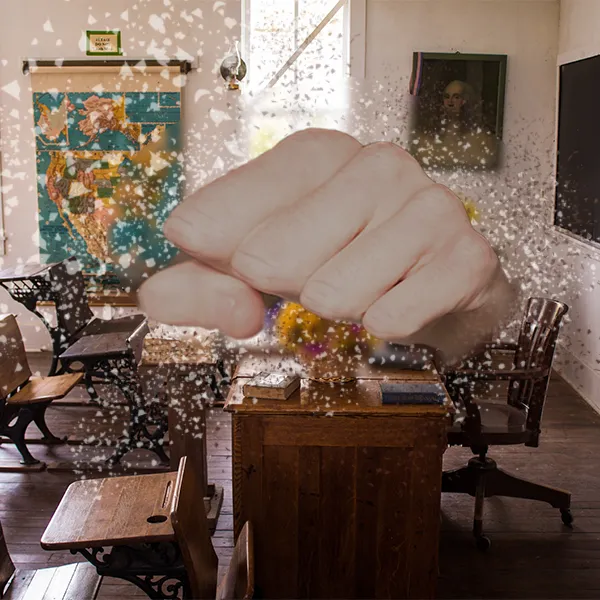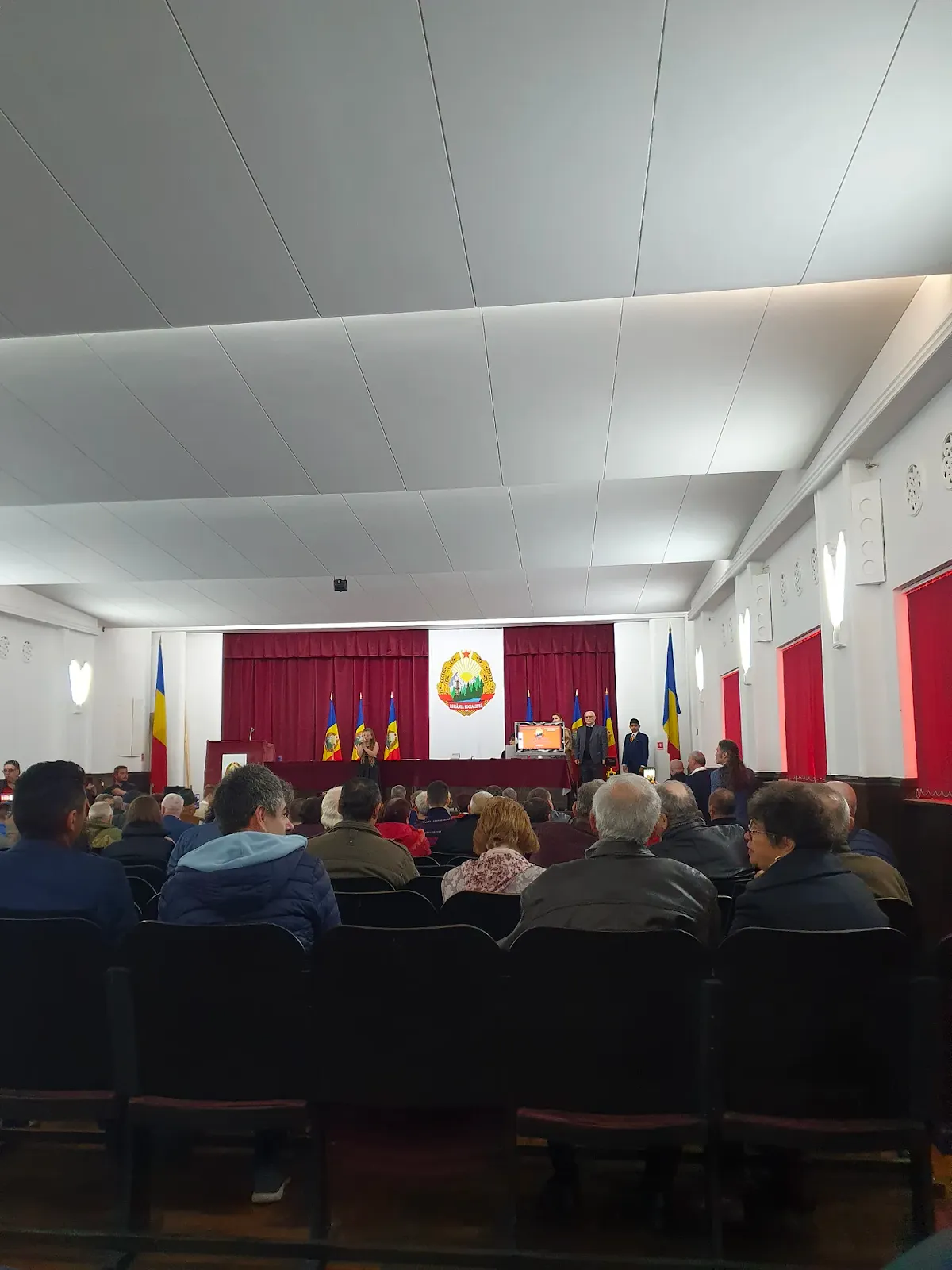We cannot understand the past without understanding our present. This apparently paradoxical statement tries to deal with the revivement of various and multifarious forms of fascism today. In contemporary Romania, more than thirty years after the collapse of the Ceaușescu regime, and seventy years after the sudden disappearance of legionarism, we are witnessing a revival of ideas and political actions that seemed to have been forgotten. Some suggest we explain the roots and dangers of this political ideology, but when our politicians and opinion leaders return constantly to such discourses, to principles and values we thought to be abandoned in the trashcans of history, we should look into the present before discussing the past. Relatively young and well educated individuals who are now members of the Romanian Parliament are denouncing liberal democracy dressed in folk costumes, like “Căpitanul” (The Captain) Corneliu Zelea Codreanu did almost a century ago. From the rostrum of a democratic Parliament one representative speaks with “veneration” about the “martyrs” and “heroes” of the past, idolizing individuals who were clearly war criminals. How can such homage of the evil figures of the past take shape again, why some historical characters who enacted antisemite laws have statues in public squares without anybody noticing, why are people who deny the Romanian Holocaust considered to be acceptable role models and presented as idols, why do we accept the arguments of those who absolve the Romanian state of any moral responsibility during fascism?
One difficulty is represented in the fact that many fascisms are based on makeshift politics, collages of disparate elements, often adaptations of practices and ideas that proved to be successful in other contexts. Sternhell and his colleagues have argued that fascism cannot be dealt with as an “infection”, limited to the 30s and 40s, nor can we define it by specific regional or local manifestations (such as the Italian version or its Nazi counterpart), it cannot be simply described as a retrograde ideology, nor as a resilient political thinking. Yet, unlike these authors who are following a larger interpretative path, my approach is based on the possibility of a local speciesism of fascism. I consider that there is a national matrix for fascist thinking and in order to truly answer the previously raised questions, a coherent “Black Book” of national fascism must be properly elaborated. The following notes are only an attempt to draft such a book fighting against fascist amnesia. This attempt to sketch the true dimensions of this homegrown ideology is, one could only hope, a first step towards understanding ourselves.
The dark empire of fascism strikes back
In contemporary Romania there are concerted efforts to minimize the role played by our representatives of fascism, sometimes reducing the phenomenon to the Legionary Movement or, on the contrary, downplaying its contribution in the context of European fascism. This is not a novelty since in Italy some pro-fascists even tried to convey the idea that Mussolini was only a “semi-fascist”, although Il Duce invented the basic arsenal of this ideology. Some local historians, like Dan Berindei, who is a member of the Romanian Academy and an honorary president of the Department of Historical Sciences and Archeology, also claim that the Legionary Movement “cannot be qualified as fascist”. Berindei, a former member of the Brotherhood of the Cross (Frăția de cruce), the youth fascist movement during the 1940s, published a document in 2015 under the auspices of the Romanian Academy in which he states that the doctrine of the Legion did not have the traits of fascist ideology.
There were several attempts to exonerate and endorse the Legionary Movement. In 1998 a translation of the book written by Paul Guiraud, printed at Majadahonda publishing house, was made available and then reprinted in several other editions. Even though “Codreanu and the Iron Guard” is written by a great admirer of Zelea Codreanu who justifies Romanian antisemitism as a natural reaction and supports the idea of an “instinctive nationalism” of the Romanians, no attempts were made to limit its distribution. The book, written in 1940, was circulating in legionnaire circles in the West during the 70s and was considered to be an important propaganda tool. Many other books were made available for the general public without any warning labels, albeit their character was obviously fascist, an action forbidden by the Romanian laws.
Even a Jewish writer, who converted to a Christian Orthodoxy and later became a monk, like Nicolae Steinhardt, has kept intact the attraction of The Captain, remembering his figure as a benign political idealist, just a “honest and capable man” wrongfully killed. In “The Journal of Happiness”, his extremely popular memoirs about the time he spent in prison after he was sentenced as a member of the Noica-Pillat group, he made an overt apology on behalf of the legionnaires, by claiming the they were “the most humane and good willed people”. Mainstream historians are also showing their appreciation of this fascist leader. One negative example is provided by Adrian Cioroianu. A highly respected academic, Dean of the Bucharest faculty of history, former senator, ambassador and minister, who wrote a glorification of the nefarious Corneliu Zelea Codreanu, presenting him as “one of the most interesting leaders of revolutionary movements in the history of the country” an expression of the great success of interwar Romania!
More shockingly, during the violent attacks on the United States Capitol one of the participants was wearing a t-shirt with a portrait of Corneliu Zelea Codreanu. This participant was identified by some as the white nationalist Matthew Heimbach, who previously participated in the Charlottesville Unite the Right rally, who openly expresses admiration for the leader of the Romanian legionnaires. While his presence at the Capitol riots was later disputed, the “teachings” of the Captain, our presumed “non-fascist” leader, clearly reached global audiences and continued to influence the far right.
During the last decades there were many signs of a systematic and open recovery of the legionary and fascist ideology. Several Romanian publishing houses, such as Tipo Moldova, have been issuing “anastatic editions” of all the books written by C. Z. Codreanu. Some of these perfect copies of the first editions were endorsed by historians and university professors, like professor Gh. Buzatu. At the same publishing house, Victor Roncea edited six volumes of “Documents”, various publications issued by “The Captain”. There are many collections of texts which also promote openly prominent figures of the Legion. Books such as “The Intellectuals and the Legionary Movement. Great Romanian Consciences” advanced the philosophies of “legionarism”. Gordian Publishing House in Timișoara printed Horia Sima’s apologetic work “The History of the Legionary Movement”, in 1994, a work re-issued by Evdochimos publishing house in 2019. Numerous other members of the fascist movement in Romania are readily available to the general public with many legionary propaganda materials distributed unhindered over the Internet. Several sites, like miscarea.net, are readily available for anybody and many materials quoted here were quick to find in such databases.
Even radical antisemitic materials and conspiracy theories of a fascist nature are made available for public consumption. One example are the works of Nicolae C. Paulescu, considered by some to be the father of European antisemitism, which are printed and reprinted in several editions. Others, like Victor Moise, an Orthodox priest and former member of the Brotherhood of the Cross are writing compilations with awful titles such as “The Legionary movement and our ancestral faith” (1994) or “The Order of the Illuminati. The Jewish Problem”, in which claims about Judaic conspiracies that rule the world from the shadows are perpetuated, are reprinted with no reticence. High profile university professors like Ion Coja, a fierce Holocaust denier, Gheorghe Buzatu, a honoris causa doctor of the Ovidius University in Constanța or Corvin Lupu, from the Lucian Blaga University in Sibiu, continue to publish books and papers that either minimize or negate the criminal role of the Romanian administration during WWII.
Photo: The logo of the Iron Guard (source: Wikipedia Commons)
The Barricade is an independent platform, which is supported financially by its readers. If you have enjoyed reading this article, support The Barricade’s existence! See how you can help – here!
Also, you can subscribe to our Patreon page. The Barricade also has a booming Telegram channel, a Twitter account and a YouTube channel, where all the podcasts are hosted. It can also be followed in Rumble, Spotify, SoundCloud and Instagram.










